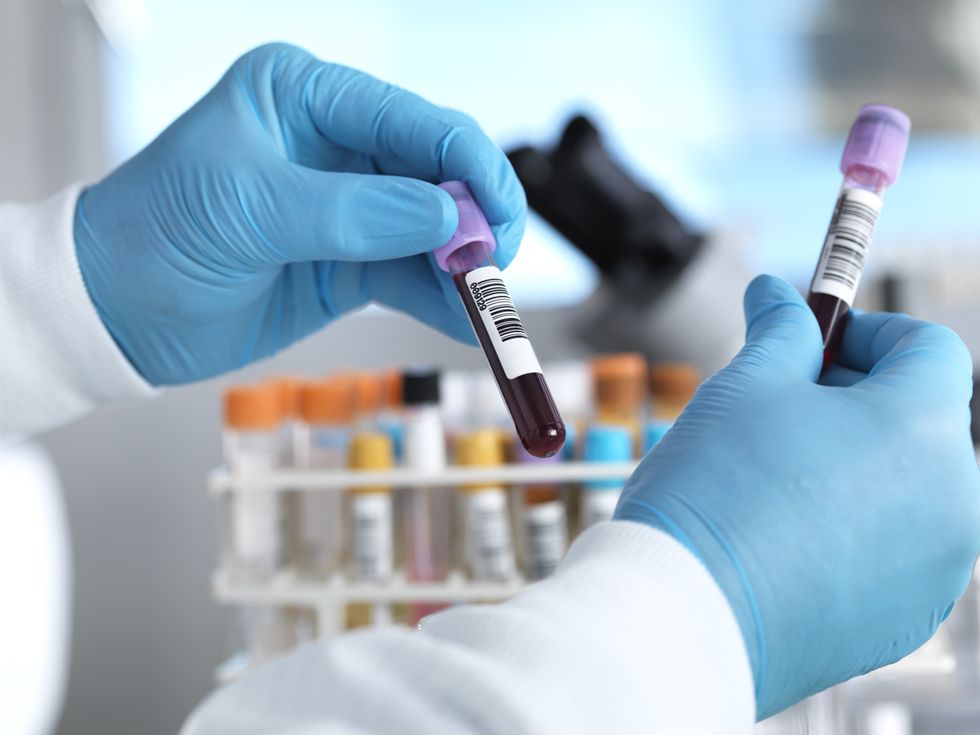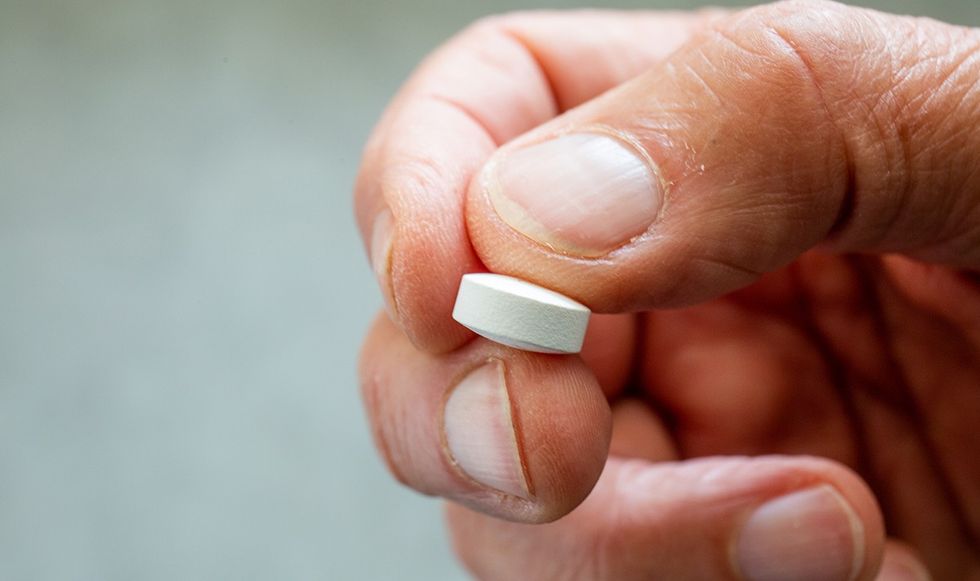Twice-a-year drug shows promise as statin alternative after slashing bad cholesterol levels by nearly 50%

The drug has already received FDA and EMA approval for certain uses
Don't Miss
Most Read
A groundbreaking injectable medication has demonstrated remarkable effectiveness in reducing cholesterol levels, potentially offering a vital alternative for patients unable to take traditional statins.
Inclisiran, administered just twice yearly via subcutaneous injection, achieved a 47.9 per cent greater reduction in low-density lipoprotein (LDL) cholesterol compared to placebo in a recent multinational trial.
The drug targets a protein in the liver that controls cholesterol levels, employing a novel mechanism that differs from conventional cholesterol-lowering therapies.
This breakthrough could prove particularly significant for individuals who experience statin intolerance or struggle with daily medication adherence, addressing a substantial gap in cardiovascular disease prevention.

The treatment may offer a vital alternative for patients unable to take traditional statins
| GETTYThe phase 3 study, led by Dr Pam R. Taub from the University of California in San Diego, enrolled 350 participants with an average age of 46.1 years, of whom 62.6 per cent were women.
Published in the Journal of the American College of Cardiology on 9 June, the research focused on individuals with no history of atherosclerotic cardiovascular disease, diabetes, or familial hypercholesterolaemia.
Participants were randomly assigned to receive either subcutaneous inclisiran, oral ezetimibe, or a matching placebo.
The inclisiran group received injections on days one and 90, with researchers measuring the percentage change in LDL cholesterol levels from baseline to day 150 as the primary endpoint.
The inclisiran treatment also outperformed ezetimibe, achieving a 35.4 per cent greater reduction in LDL cholesterol levels.
Beyond its primary target, the injectable medication demonstrated additional cardiovascular benefits, reducing lipoprotein(a) levels by 25.2 per cent compared to placebo and 24.3 per cent compared to ezetimibe by day 150.
In addition, the safety data proved reassuring, with similar rates of treatment-emergent adverse events observed across all three study groups.
Researchers reported no new safety concerns, suggesting the drug's favourable tolerability profile could make it particularly suitable for patients who have previously experienced difficulties with other cholesterol-lowering medications.

There is a significant unmet clinical need for therapies that address both statin intolerance
| GETTY"There is a significant unmet clinical need for therapies that address both statin intolerance and adherence in primary prevention," the researchers noted.
"Inclisiran is potentially uniquely positioned to meet these challenges owing to its first-in-class mechanism of action, favourable safety profile, and infrequent twice-yearly dosing."
The study's limitations included its short follow-up duration and limited sample size, preventing evaluation of cardiovascular outcomes. Direct comparisons with statins, anti-PCSK9 monoclonal antibodies, or bempedoic acid were not conducted.
The research received funding from Novartis Pharma, with several authors reporting compensation as principal investigators or consultants, and some serving as employees or shareholders of the funding agency.











